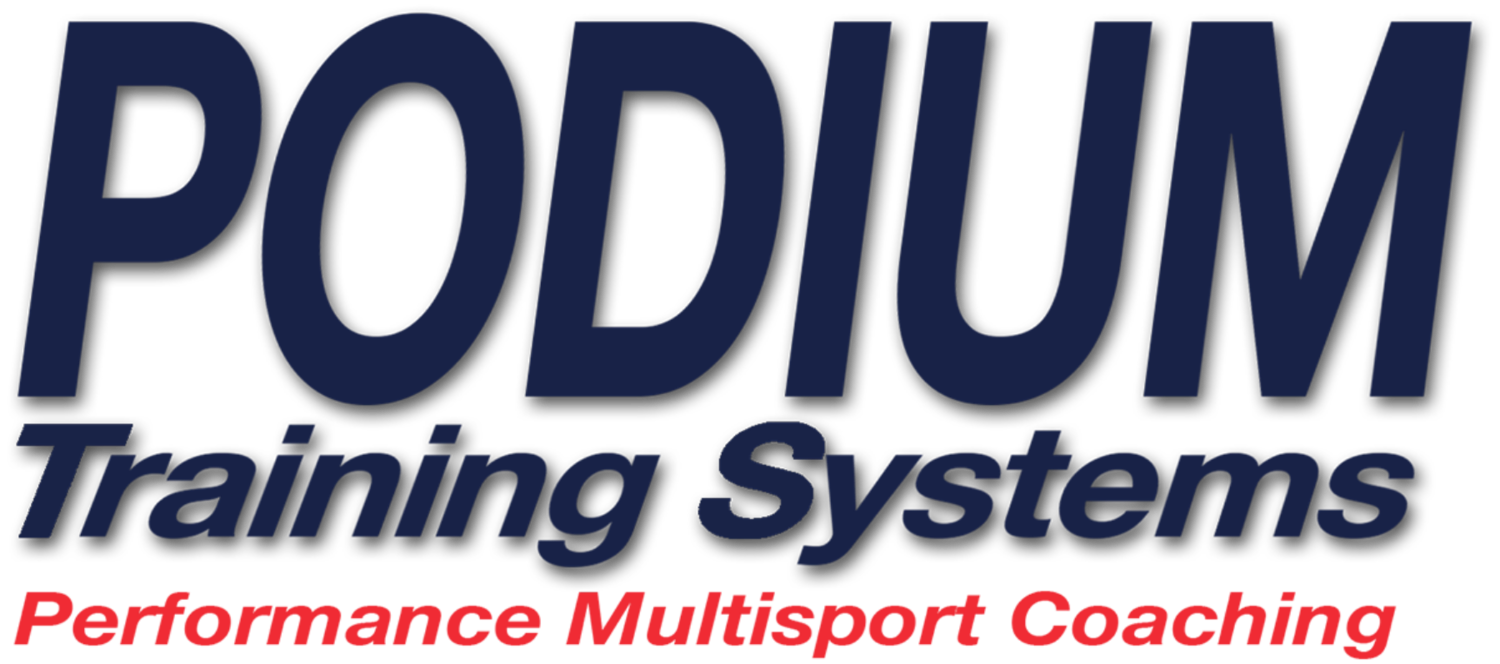last year I wrote about the impact of aging and training and how recovery, and intensity, change as we become older. You can read the entire post at the provided link here if you'd like to get a little background. But, in summary, our recovery periods can begin take longer as we age, and our ability to do the work levels we once found sustainable can / will begin to diminish. Dealing with these inevitable factors of life can be difficult for some. Myself included.
I've learned a lot about myself in the year since I wrote that initial post. I've been training consistently, and feeling pretty good. But the efforts that I'm putting out just aren't what they used to be. My threshold heart rate is lower. I can't do as many hard efforts as in the past, and I require more recovery efforts between higher intensity workouts. I'll admit, it's been frustrating. I was used to training hard, racing hard, and racing well. Now, it's just not to be. To quote a friend of mine, I just can punish myself and suffer like I used to.
While I was initially disappointed at my pace during efforts on the bike and the run over the past year, I've made peace with the fact that my mid, and high, aerobic efforts are.....well.....just slower than they used to be. Threshold values? It does make me a little sad at what my anaerobic engine has become. Moving on.....
A few items that that now carry more importance with me - as an athlete, and more-so as a coach:
- Longer warm ups: Swimming, cycling, or running, it doesn't matter. Where I used to be able to jog easy for five minutes or so and then get to the task at hand, I now need at least 10-15 minutes before I'm ready to up the intensity. On the bike, it's closer to twenty minutes. Be prepared for a longer warm up at the beginning of your session. Allow adequate time for your body to be fully prepared for the upcoming work. And if you find that the first five to ten minutes "doesn't feel good", that's perfectly normal. Never judge a run in the first ten minutes.
- Cool downs carry even more importance: I used to subscribe to the theory that if I needed to cut something short, I'd cut out a bit of the cool down. Not any more. My delayed onset muscle soreness (DOMS) haunts me the day after a workout where I don't spend some time cooling down properly. Spend a little time jogging, or cycling, at an easy pace, to flush out lactic acid in your legs. Actually, including a few pick-ups in the cool down can have great benefit.
- Stretching: You might have been able to get away with doing nominal stretching before. Now, this shortcut could create a very stiff ride or run the following day. Do more dynamic stretching to battle DOMS and to keep your I.T. bands happy. Connective tissue (and all sorts of other things) just aren't as elastic and resilient as they once were.
- Intensity levels yield different output: Output zones (heart rate or watts) are still in play. You will still have aerobic, high aerobic, threshold, & VO2 zones to work with. But be prepared for your output to shift. And more importantly they're shifting in such a way, obviously, that the perceived effort you are going to put out isn't going to yield the same output as before. Yes your HR is up at 165. But now it's just a slower pace than before. Stating the obvious here? Yes. Is this always easy to deal with psychologically? No.
There's more, of course, but I think you get the picture. And across the board, while there are physical elements at play here, the psychological impact of aging and training can be much harder to come to grips with. Accepting these changes may not come quickly or easily. Fair warning!
Please don't think that this is a blanket statement about aging for everyone. As I stated in my previous blog post, I know numerous athletes who are my age, or older, and are still performing at amazingly high levels. Everyone has a different gene pool, and physiological makeup, that will dictate what they can and can't do.
Am I envious of those that can still perform at high levels and race well at national and international levels? I'd be lying if I said no. I am. A little. Do I appreciate their abilities? Absolutely.
As a coach, however, these are lessons that I file away and keep handy as I work with athletes on a daily basis. Training is a very individual thing. Understanding how an athlete performs, trains, and recovers, is such an important aspect to coaching - even more so as we age.

